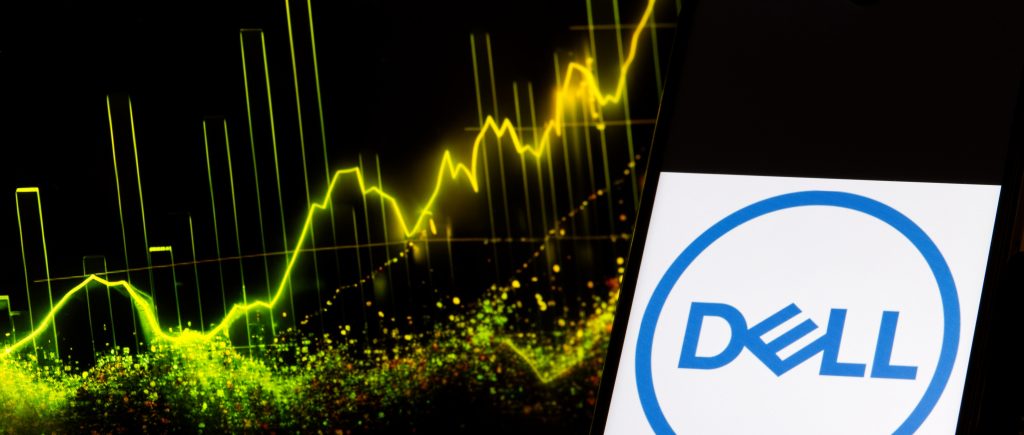Dell Technologies shares suffered a significant drop of around 14% in premarket trading on Friday, following the company’s announcement that substantial investments in artificial intelligence (AI) technology are expected to weigh on its quarterly profit.
This sharp decline could wipe out more than $17 billion of Dell’s market value if the premarket losses persist. The stock had previously seen remarkable growth, more than doubling in value this year.
Like many other companies, Dell has been heavily investing in expensive hardware to develop advanced servers capable of handling complex AI tasks, driven by the increasing demand from businesses embracing this technology. However, the high costs associated with these in-demand AI servers are projected to negatively impact Dell’s annual margin.
The Texas-based company anticipates a decline of about 150 basis points in its adjusted gross margin rate for fiscal 2025. It also forecasts adjusted profit per share of $1.65, plus or minus 10 cents, for the second quarter, falling short of LSEG estimates of $1.84.
Analysts at Morningstar pointed out that AI-server sales currently represent only a small portion of Dell’s overall revenue and are margin-dilutive. While the company witnessed a significant increase in shipments of AI-optimized servers in the first quarter, they accounted for less than 7% of total revenue.
This has led to a recalibration of market expectations regarding Dell’s ability to capitalize on AI spending, as noted by Morningstar analysts.
Meanwhile, revenue from Dell’s core client solutions group, which encompasses its personal computer business, remained flat, with the consumer sub-segment experiencing a 15% decline.
Dell has adopted a competitive pricing strategy for its consumer PC models as the PC market gradually recovers from a prolonged slump.
During a post-earnings call on Thursday, Chief Operating Officer Jeffrey Clarke acknowledged the ongoing challenges in the PC business, stating, “The strong promotions that we saw through the holiday season continued into Q1.”
 Noor Trends News, Technical Analysis, Educational Tools and Recommendations
Noor Trends News, Technical Analysis, Educational Tools and Recommendations





